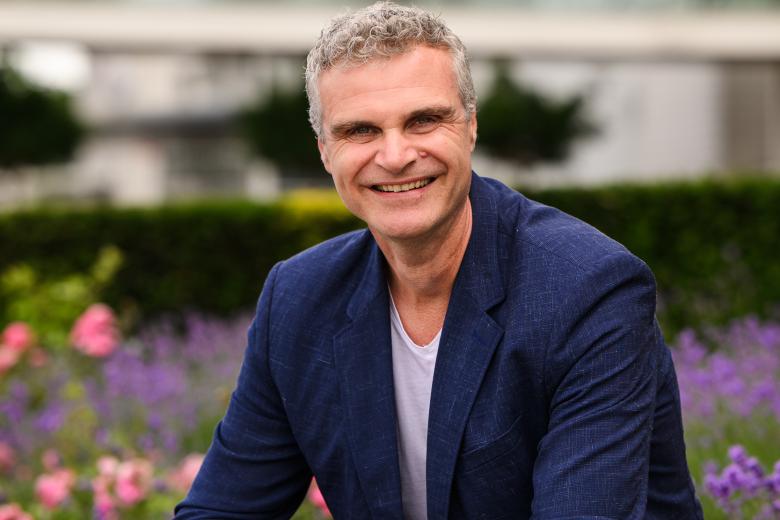Highly customized and affordable implants by a new hybrid 3D printing technology
Eight European companies and research institutes have teamed up in the EU-funded research and innovation project “FAST”, which stands for “Functionally graded Additive Manufacturing (AM) scaffolds by hybrid manufacturing”, to make a new 3D printing technology available for the manufacture of implants customized to the patient at affordable cost. Specific patient implants can promote effective preoperative planning, shortening the time of surgery and improving the lifetime of the implant. MERLN Institute for Technology-Inspired Regenerative Medicine at Maastricht University coordinates the project.
Lorenzo Moroni, Professor of Biofrabication for Regenerative Medicine at Maastricht University: “We are developing a technique based on ‘Additive Manufacturing’. Compared to traditional methods, this technology has the capabilities to produce time and cost-efficiently customised surgical and prosthetic devices, surgical implants and scaffolds for tissue regeneration individually for each single patient.”
Scaffolds production for tissue regeneration is one of the main fields where the “Design for Function” feature of AM makes the difference relative to the other production techniques, in particular if in the production process all the needed “functions” can be introduced: shape and porosity, mechanical stability and biochemical properties such as cell growth control or antibiotic function. The FAST project aims to develop a cost-efficient technology to integrate all these “functions” in a single AM process that is even capable to produce gradients in the bulk or surface properties of the individual scaffold. Thus not only customized shapes of scaffolds can be produced, but also bulk and surface properties of the scaffold material can be tailored according to the specific needs of each individual patient.
In practice this will translate into improved tissue ingrowth and regeneration properties combined with higher structural stability of implants. Furthermore, the incorporation of smart fillers with bio-active properties into the scaffold material will reduce the risk of post-surgery infections. Thus, the FAST technology has the potential to increase the patients’ comfort at an affordable cost for them and the healthcare system. The project will demonstrate its developments in a small pilot production of scaffolds for bone regeneration to be tested in a pilot in vivo trial.
The FAST project is scheduled to run for four years from 1st December 2015 to 30th November 2019 with a budget of 4,9 MEUR, which is funded by the European Union under the H2020 Framework Programme for Research and Innovation.
FAST project partners:
- Abalonyx AS, Norway
- Fraunhofer Institute for Surface Engineering and Thin Films IST, Germany
- Fundacion Tecnalia Research & Innovation, Spain
- GeSIM Gesellschaft für Silizium-Mikrosysteme mbH, Germany
- MERLN Institute for Technology-Inspired Regenerative Medicine, Maastricht University, The Netherlands
- Nadir S. r. l., Italy
- Polyvation BV, The Netherlands
- Prolabin & Tefarm S. r. l., Italy
Also read
-
Standing firm with humanity: Nicolle Heijltjes on leadership, resilience and female empowerment
Alderman Nicolle Heijltjes leads Kerkrade’s spatial domain with decisiveness and empathy. Built by Defence and business, she champions human-centred leadership, female empowerment and reflection, believing real leadership starts when the person behind the role truly matters.
-
Stef Kremers - the smoke-free Randwyck campus
Prof. dr. Stef Kremers, vice-dean at the Faculty of Health, Medicine and Life Sciences, is part of the academic community working to reduce smoking. He obtained his PhD researching smoking initiation during a time when the whole concept of smoking prevention was still in its early stages.
-
Global Mobility of Individuals: Public Consultation in Paris
On 20 January 2026, the Maastricht Centre for Taxation (MCT) participated in the OECD’s public consultation meeting on the Global Mobility of Individuals, held at the OECD in Paris.